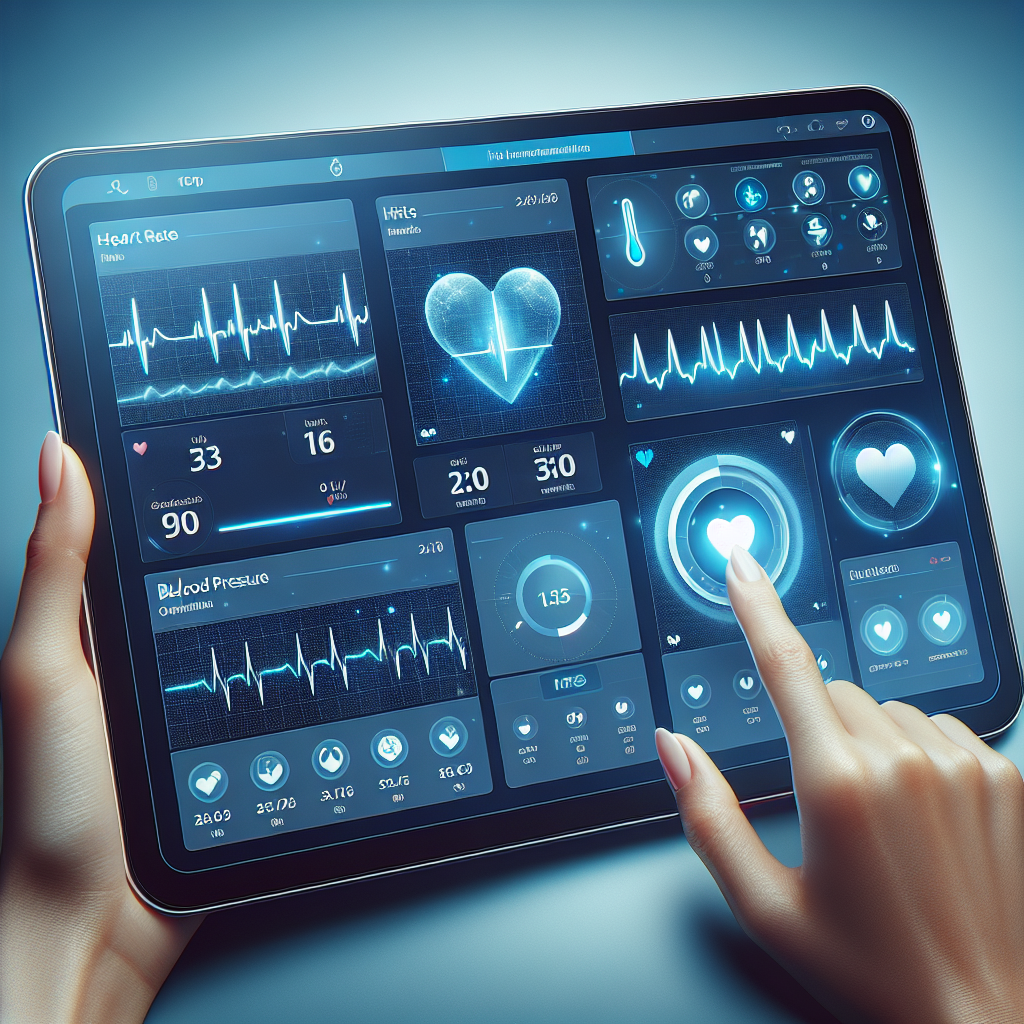Telemedicine, the remote diagnosis and treatment of patients by means of telecommunications technology, has significantly transformed the healthcare landscape. This is particularly true for cardiovascular care, where timely interventions can mean the difference between life and death. This article explores the burgeoning role of telemedicine in cardiology, its benefits, challenges, and future implications.
Revolutionizing Cardiovascular Care Through Technology
In an era where technology has become inextricably woven into the fabric of daily life, its application in healthcare is both a natural progression and a revolutionary leap. Telemedicine has become a vital tool in cardiovascular care by enabling remote patient monitoring, facilitating virtual consultations, and providing a platform for health education and disease management.
One of the most significant advantages of telemedicine is the ability to extend the reach of specialized cardiovascular care to remote and underserved areas. For patients with heart conditions, traveling long distances to a clinic or hospital can be both challenging and risky. Telemedicine eliminates these barriers, providing access to care that may have been previously unattainable.
Enhanced Monitoring and Management
Remote patient monitoring systems are pivotal in managing chronic heart conditions. These systems allow healthcare providers to continuously monitor vital signs, such as heart rate and blood pressure, and respond to any irregularities promptly. Moreover, telemedicine platforms can integrate with wearable technology, offering real-time insights into a patient’s condition and lifestyle.
For those interested in the intersection of cardiovascular health and technology, the article on Heart Rate Variability and Its Significance in Cardiovascular Health provides an in-depth look at one of the key metrics that telemedicine can track to assess heart health.
Virtual Consultations and Follow-ups
Virtual consultations, via video or audio, are increasingly common in cardiology. They are particularly valuable for follow-up appointments, medication management, and discussing test results. This not only saves time for both patients and doctors but also reduces the burden on healthcare facilities.
For further reading on how lifestyle choices can affect cardiovascular health, the article Benefits of Intermittent Fasting on Cardiovascular Health offers valuable insights into dietary patterns that can be discussed during such virtual consultations.
Access to Expertise and Collaborative Care
With telemedicine, the geographical limitations that once restricted access to expert cardiologists are no longer as formidable. Specialists can now offer their expertise to patients and primary care physicians irrespective of location, fostering a more collaborative approach to patient care.
Moreover, telemedicine platforms facilitate second opinions and inter-disciplinary consultations, which are crucial in complex cardiovascular cases. For a deeper understanding of collaborative care in cardiology, the article Emerging Therapies in the Treatment of Congestive Heart Failure highlights the importance of a multi-faceted treatment approach.
The Intersection of Telemedicine and Cardiovascular Health
Telemedicine has made substantial inroads in the prevention, diagnosis, and management of cardiovascular diseases. Here are some of the ways it is making an impact:
Preventive Care
Preventive cardiology has greatly benefited from telemedicine. Through virtual lifestyle coaching, patients can receive personalized advice on diet, exercise, and smoking cessation. For those exploring how to start a fitness regimen for heart health, Engaging in Cardiovascular Fitness: A Guide for Beginners is an excellent resource.
Diagnostic Services
Telemedicine has also expanded the scope of diagnostic services available to patients. Through secure transmission of ECGs, echocardiograms, and other test results, cardiologists can diagnose conditions without the patient ever stepping foot in a hospital or clinic.
Interventional Cardiology
Although certain aspects of interventional cardiology require in-person procedures, pre-procedure and post-procedure care can be managed effectively through telemedicine. This includes pre-operative assessments and post-operative follow-ups, reducing the need for hospital visits.
Cardiac Rehabilitation
Telemedicine platforms are increasingly used to deliver cardiac rehabilitation programs, offering convenience and ensuring continuity of care. Patients can participate in monitored exercise sessions, receive education on heart-healthy living, and have their progress tracked remotely.
Challenges and Considerations
Despite its many benefits, telemedicine in cardiovascular care is not without challenges. Privacy and security of patient data, reimbursement models, and the digital divide are concerns that need addressing to ensure equitable access to telemedicine services. Additionally, the human touch that is integral to patient-centered care can be diminished in a virtual environment.
The Road Ahead for Telemedicine in Cardiology
The future of telemedicine in cardiovascular care is promising, with ongoing advancements in AI, machine learning, and wearable technology poised to further enhance its efficacy. As healthcare systems continue to evolve, telemedicine will likely become an integral part of the standard of care for heart patients.
To explore more about cardiovascular health and the role of technology, readers may find these external resources insightful:
- The American Telemedicine Association provides guidelines for the practice of telemedicine, including in cardiology.
- The National Center for Biotechnology Information offers a study on the effectiveness of telemedicine interventions in managing cardiovascular disease.
- For an international perspective, the European Society of Cardiology discusses telemedicine in cardiovascular disease prevention.
In conclusion, telemedicine is reshaping cardiovascular care, offering patients better access to services and empowering healthcare providers with new tools for diagnosis and management. As we harness the power of technology for heart health, we move closer to a future where quality care can be a reality for all, regardless of location.



